Honor System: |
|||||||||||||
| frankenstein_passage_1.pdf | |
| File Size: | 43 kb |
| File Type: | |
Secondary Blog Response Expectations (read everyone's primary responses, select two that answer one of the OTHER prompts and respond to their ideas): 100-150 words EACH, minimal errors in grammar and usage, thoughtful and thorough writing. Please use the scientist's name that you selected in class as your nom de plume and be sure to add word count. Due by 11:59 PM on Monday, November 16th.
| 1. In Letter IV, Walton writes, “Yesterday the stranger said to me, “You may easily perceive, Captain Walton, that I have suffered great and unparalleled misfortunes. I had determined at one time that the memory of these evils should die with me, but you have won me to alter my determination. You seek for knowledge and wisdom, as I once did; and I ardently hope that the gratification of your wishes may not be a serpent to sting you, as mine has been. I do not know that the relation of my disasters will be useful to you; yet, when I reflect that you are pursuing the same course, exposing yourself to the same dangers which have rendered me what I am, I imagine that you may deduce an apt moral from my tale, one that may direct you if you succeed in your undertaking and console you in case of failure. Prepare to hear of occurrences which are usually deemed marvelous.” In the excerpt above, the themes of knowledge and wisdom are introduced. Often, knowledge and wisdom are seen as interchangeable, or as going hand-in-hand, but are they necessarily the same? |
| 2. Victor describes how even as a child, “It was the secrets of heaven and earth that I desired to learn; and whether it was the outward substance of things or the inner spirit of nature and the mysterious soul of man that occupied me, still my inquiries were directed to the metaphysical, or in its highest sense, the physical secrets of the world.” Even as a boy, Victor has been hungry for knowledge. He doesn’t want to learn just anything, however. He wants to figure out the “secrets of heaven.” How does this paragraph foreshadow him creating his creature in his adulthood? Is this contextual proof that he is destined to create this monster like he insists he is? If he claims that he is destined to do this, then does this negate some of the blame he may feel? |
| 3. In imagining the creation of a new race of beings, Victor imagines that “No father could claim the gratitude of his child so completely as I should deserve theirs. Pursuing these reflections, I thought that if I could bestow animation upon lifeless matter, I might in process of time (although I now found it impossible) renew life where death had apparently devoted the body to corruption.” Psychoanalytic theory in literary studies is the analysis of a character’s psyche in relation to their thoughts and actions. Using this theory, what can you tell about the motivations behind Victor’s experimentation and fanaticism? How might his childhood have influenced his choices? |
Blog Post Rubric
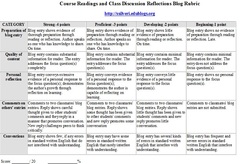
Archives
February 2023
November 2022
October 2022
January 2021
December 2020
November 2020
March 2020
February 2020
January 2020
November 2019
October 2019
September 2019
March 2019
February 2019
January 2019
December 2018
November 2018
October 2018
September 2018
April 2018
March 2018
January 2018
December 2017
November 2017
October 2017
March 2017
February 2017
January 2017
December 2016
November 2016
October 2016
September 2016
November 2015
October 2015
September 2015
March 2015
February 2015
April 2014
March 2014
Categories
All
A Doll's House
Afghanistan
Anton Chekhov
As I Lay Dying
A Thousand Splendid Suns
Barbara Kingsolver
Biology
Charlotte Bronte
Class Division
Community
Congo/Zaire
Contrasts
Cormac McCarthy
Critical Lens
Cross Cultural Misconceptions
Cross-Cultural Misconceptions
Dystopia
Ethics
Family
Frankenstein
Gateshead
Gender Roles
Gender Study
Hamlet
Henrik Ibsen
Hesitation
Hope And Despair
Hubris
Humanity
Imagery
Imagination
Independent Reading
Jane Eyre
Khaled Hosseini
Literary Analysis
Literature
Mary Shelley
Morality
Objectivity V. Subjectivity
Parent Child Relationships
Parent-Child Relationships
Perseverance
Perspective
Pleasure Reading
Poetry
Psychology
Radiolab
Reading
Relationships
Religion
Right Vs. Wrong
Ritual
Rudy Francisco
Samuel Taylor Coleridge
Sanity
Science
Shelter
Soliloquy
Suspense
Symbolism
Tennyson
The Lady With The Little Dog
The Poisonwood Bible
The Rime Of The Ancient Mariner
The Road
Ulysses
Virtual Poetry Unit
Week 1 Poetry Activity
William Faulkner
Women's Roles
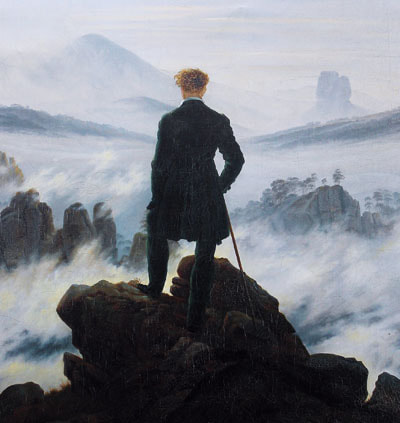
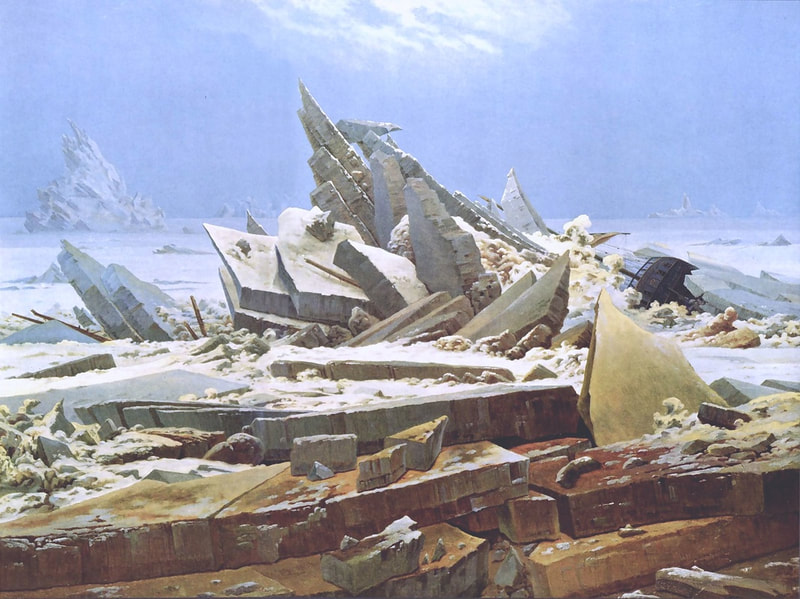
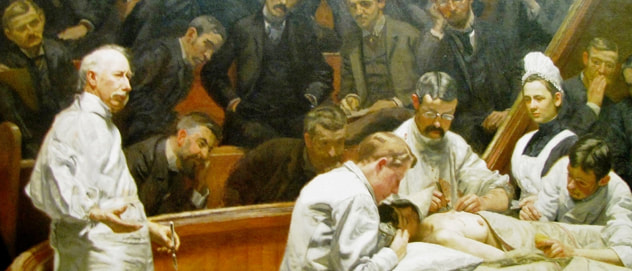
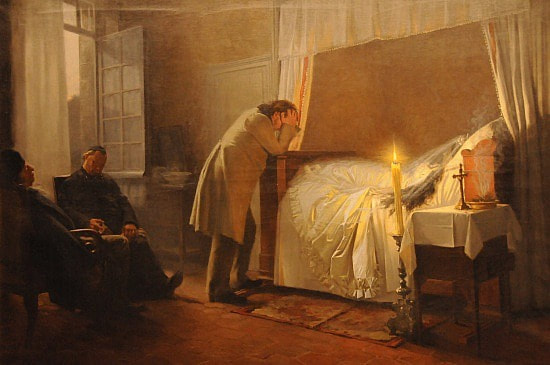


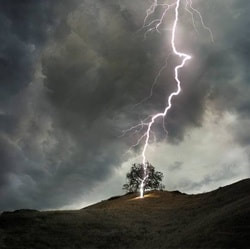

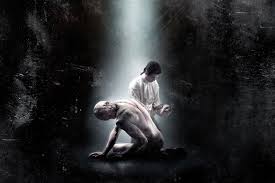
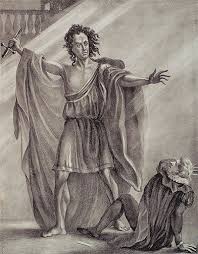
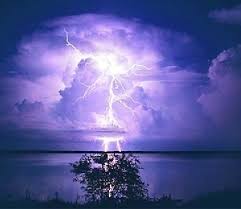
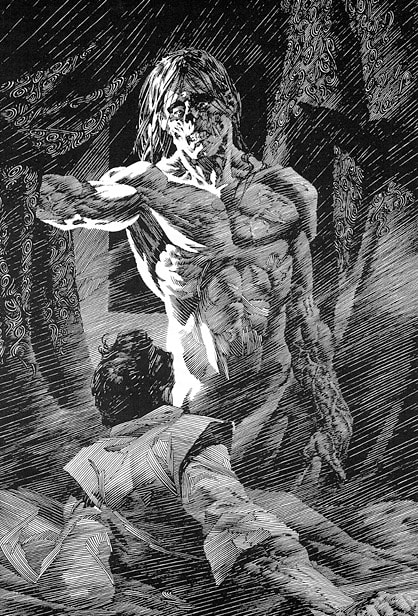
 RSS Feed
RSS Feed